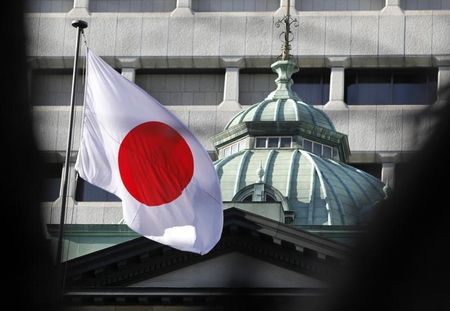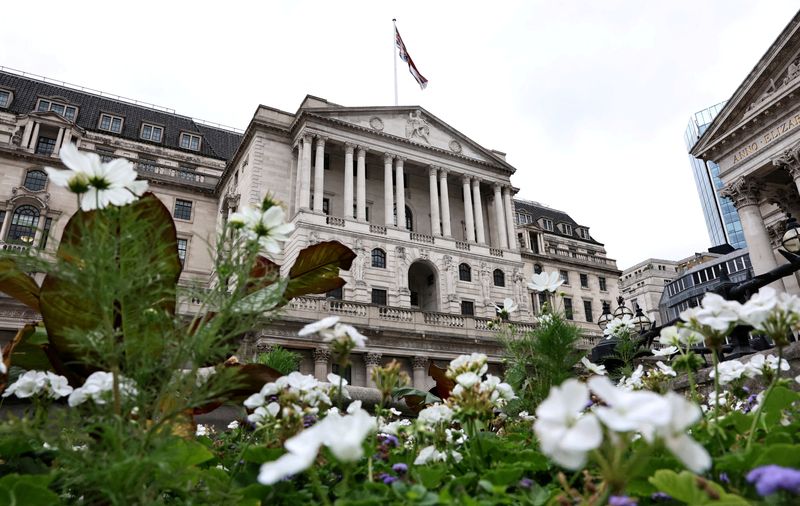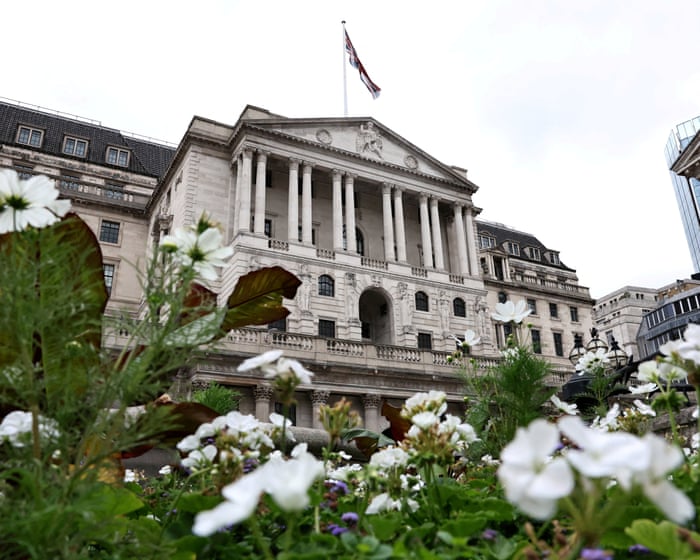The big story from Bank of England is a shift to avert massive taxpayer losses
PositiveFinancial Markets

The Bank of England is making significant changes to its approach in order to prevent substantial losses for taxpayers. This shift is crucial as it reflects a proactive stance in managing the economy, particularly in the context of interest rates, which are often the focal point of public concern. By taking these steps, the Bank aims to bolster financial stability and protect public funds, which is a positive development for the economy and citizens alike.
— Curated by the World Pulse Now AI Editorial System














